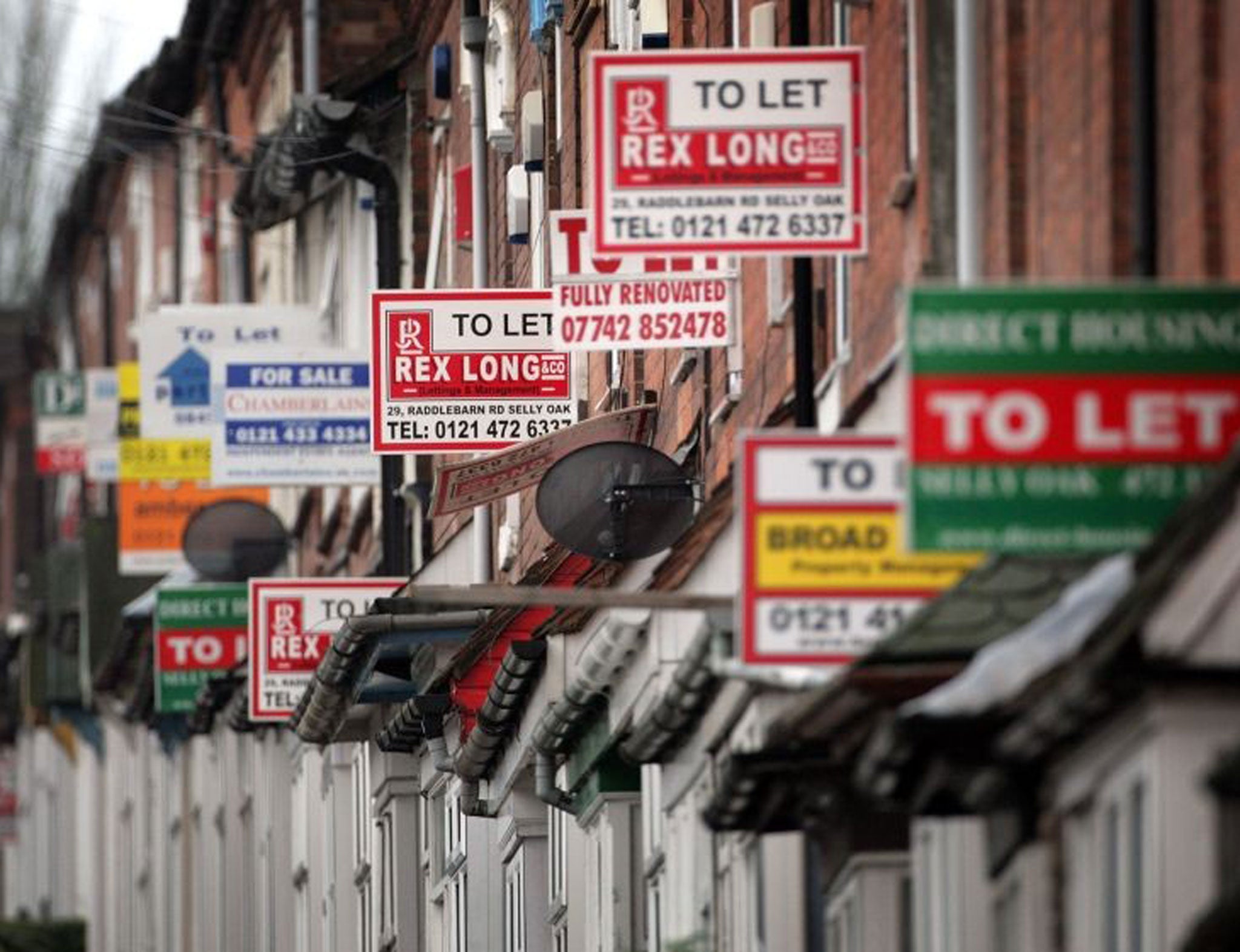We are in a housing emergency – from ‘sex for rent’ to evictions, the government needs to act
Only by delivering homes based on people’s incomes will see an end to the vulnerability that leaves women – and other tenants too – open to exploitation


It’s painfully obvious we’re in the grip of a housing emergency. We see it every day through our services at Shelter: from families evicted for complaining about a broken boiler, pensioners unable to keep up with the latest rent hike, to single mums stuck in a dirty, cramped homeless hostel for months on end. The list goes on.
Sky-high private rents, too few housing rights and no access to stable social housing mean hundreds of thousands of people are denied a safe home in this country, today.
Then along came Covid-19. Never has the link between home and health been more critical. The pandemic has devastated people’s finances. It has ruled out staying with family and friends for many. And it has made the battle to keep a roof over your head exponentially harder.
Many, many people are desperate. And for women in particular, this adds up to a significant risk of exploitation and assault.
When power meets desperation, and gender is in the mix too, there will be men who will take advantage in sinister ways unless steps are taken to keep women safe. If that seems harsh, look at the facts. According to our research, approximately 30,000 women since March 2020 have been sexually harassed by landlords, demanding sex in exchange for a place to live – making so-called “sex for rent” terrifyingly common.
This disgusting crime is one of the worst manifestations of our housing emergency. It has created the perfect conditions for this gross abuse of power.
Decades of failure to invest in social housing have left hundreds of thousands of people unable to afford a safe and secure home. As a result, people have no choice but to live in insecure accommodation where they have few to no rights. Otherwise they face homelessness.
Casual contracts between live-in landlords and lodgers provide ample opportunity for victimisation of women who are looking for a safe place to live. But even those who don’t live with their landlord, and who have a more robust contract, aren’t sufficiently protected from harassment.
Harassment faced by private renters goes beyond “sex for rent” propositions. Shelter research shows that around three quarters of a million renters reported a landlord or agent entered their home without permission in the last year, and nearly 200,000 have faced discrimination due to their race, nationality, age, gender, sexual orientation and/or disability. The female renters surveyed were more likely to have reported these experiences.
No one expects things to get easier in the coming months either. An economic catastrophe is already unfolding. Fifteen per cent of private renters already constantly struggle to pay their rent. Without measures to ensure renters can find affordable homes, more and more women could be forced into danger.
For a start, this is criminal behaviour that must be taken seriously by the police. But to eradicate this crime altogether, renters need genuine protections and power.
Under current rules, private landlords can evict their tenants for no reason by serving a Section 21 “no-fault” eviction notice – although bailiffs can’t carry out section 21 evictions until after 21 February in England due to the lockdown. Even harassment is no defence against the eviction in the eyes of the law. Inevitably then, many women are too fearful to complain. So, it’s vital the government keeps to its promise to scrap no-fault evictions. Then women would be far more likely to speak out against all types of harassment.
And the ultimate solution is obvious. Only by delivering homes based on people’s incomes will see an end to the vulnerability that leaves women – and other tenants too – open to exploitation and risk
Polly Neate is chief executive of Shelter

Join our commenting forum
Join thought-provoking conversations, follow other Independent readers and see their replies